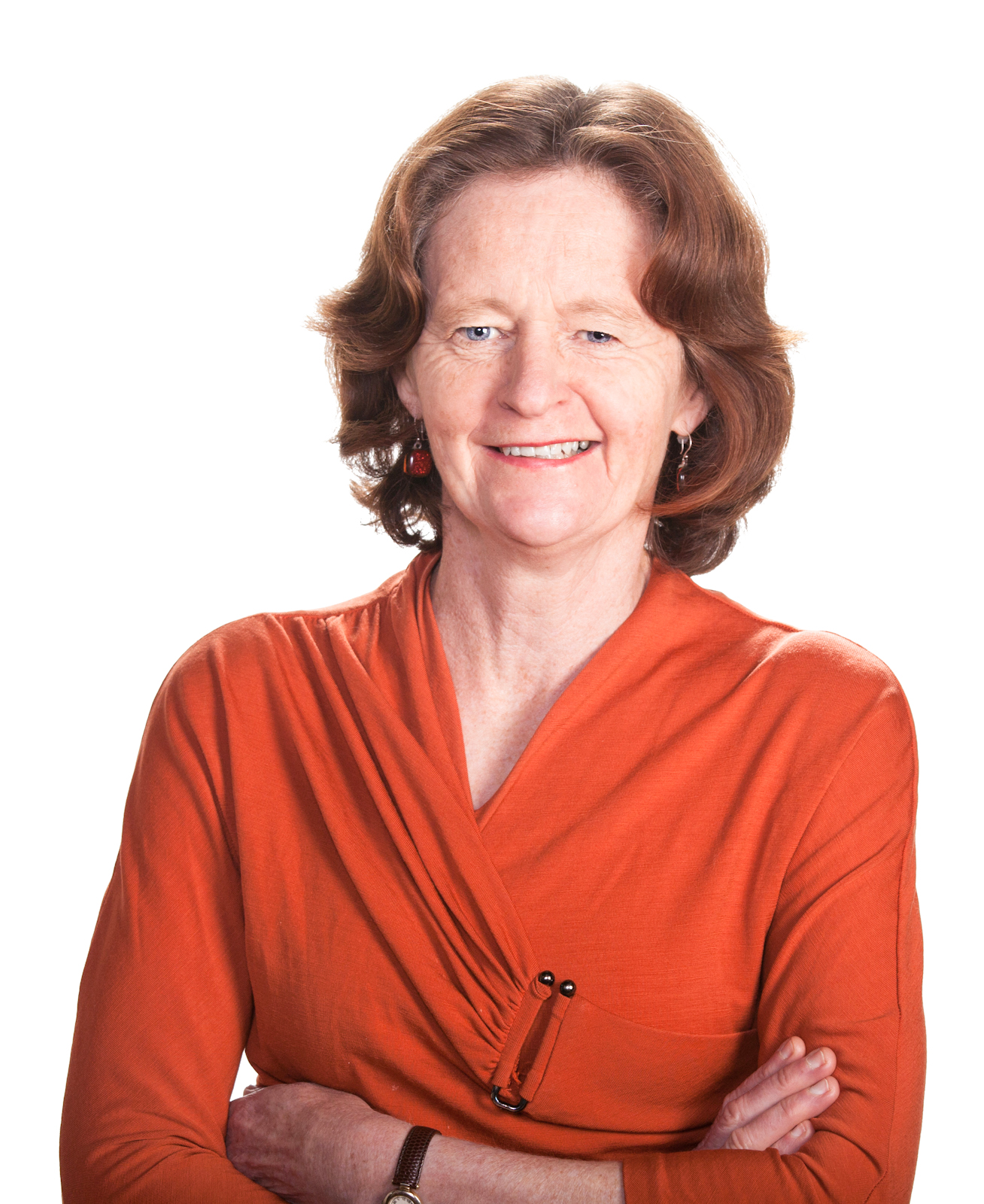New Zealand operates in a unique environment when it comes to medical health law due to the role of ACC. Whilst the compensation agency works to resolve cases outside of the courts, it means that our case law for medical compensation is limited compared to other jurisdictions.

This is something that has long interested Dunedin based barrister Alison Douglass. A specialist in health and disability law, Alison also has an extensive background in consumer advocacy. She formerly set up and co-chaired the ACC Research Ethics Committee and the Wellington Ethics Committee.
Recently Alison was appointed to a new panel that she hopes will help open up transparency to ACC decision making – at least when it comes to surgical mesh claims. These claims relate to treatment injuries caused to people through the use of mesh, a medical implant used to repair medical conditions such as prolapse, stress urinary ncontinence and hernias. The complcations from mesh can result in debilitating chronic pain which can happen many years after the original surgery.
In February this year Alison was appointed to a two member medicolegal panel to provide independent advice to ACC on its reassessment of surgical mesh claims to ensure they’re fair and robust. Her fellow member is New Plymouth consultant urologist Hazel Ecclestone, a mesh specialist surgeon recently arrived from the UK.
Alison was approached by the advocacy group Mesh Down Under to join

the panel. The Group’s co-leader Charlotte Korte explains why the panel is important. “Having an extra pair of eyes will provide reassurance and will help resolve a lot of trust issues for those who have been mesh-injured.
“The reason we wanted ACC to include the independent medico-legal panel was to provide more transparency around the reassessment process, and I am so appreciative of Alison and Hazel agreeing to do this, their expertise is extremely beneficial. For many, ACC is the only avenue for having their medical costs met and to be able to get the medical care they need, we sincerely hope that more mesh claims will be accepted now.”
“This is a great example of patient advocacy,” adds Alison.
“Mesh Down Under wanted an independent assessment. We’re a further check on the process that is being carried through for new claims. We’re also going to be able to add a new level of transparency to the process by clarifying the reasons – and evidence base - for declining and accepting treatment injury claims involving complications from the use of surgical mesh.
“This issue is also bigger than New Zealand – claims relating to injuries from the use of mesh have been dealt with very differently around the world. In a landmark case, the Federal Court of Australia upheld on appeal a class action on behalf of 1,350 women against companies owned by mesh manufacturer Johnson & Johnson who had mesh and tape products implanted to treat pelvic prolapse or stress urinary incontinence, both common complications of childbirth. There have also been cases of complications from surgery for other conditions impacting men and women.”
The establishment of the independent medicolegal panel follows the findings of a restorative justice process in 2019 and report, Hearing and Responding to the Stories of Survivors of Surgical Mesh commissioned by the Ministry of Health and run by Victoria University of Wellington. In October last year ACC made an apology to mesh injured New Zealanders for the impact its claims experience has had in contributing to the harm caused to them. ACC agreed to reassess declined surgical mesh claims, some of them dating back up to 15 years for mesh injury sufferers who either had a claim denied or never made a claim to come forward. The fact that there are recent injuries, and the harm is still occurring is of great concern, especially when surgeons have not yet been credentialed for this surgery and the long-term risks are yet to be established.
New guidelines have been developed based on the latest medical evidence and understanding of mesh injuries.
From 1 July 2005 to 31 October 2020, there have been 1735 surgical-mesh claims lodged. Of those, 1361 have been accepted and 374 declined.
After the reassessment opportunity was announced on 28 October, there were 85 claims received up until 22 February 2021. Of these, 17 have been accepted and the rest are still being investigated.
The most recent data from ACC in April shows 2,223 surgical mesh treatment injury claims were submitted and another 198 new claims of mesh injury received. 81 have been accepted, eight have been declined or withdrawn and the rest are still being investigated. As well as declined claims, the panel has also requested to look over accepted claims, to see how the reassessment process is going.
The final decision over whether the claim will be accepted or declined rests with ACC, but the panel has insisted its advice be on the patient’s files.
“ACC's no-fault system has some real advantages,” says Alison.
“The flip-side is that sometimes New Zealand’s medical law is hidden from view. It’s really important for the general public, including lawyers, to be informed about issues such as those with surgical mesh, as well as this opportunity so that people can come forward for reassessment as they may be eligble for ACC cover.”
